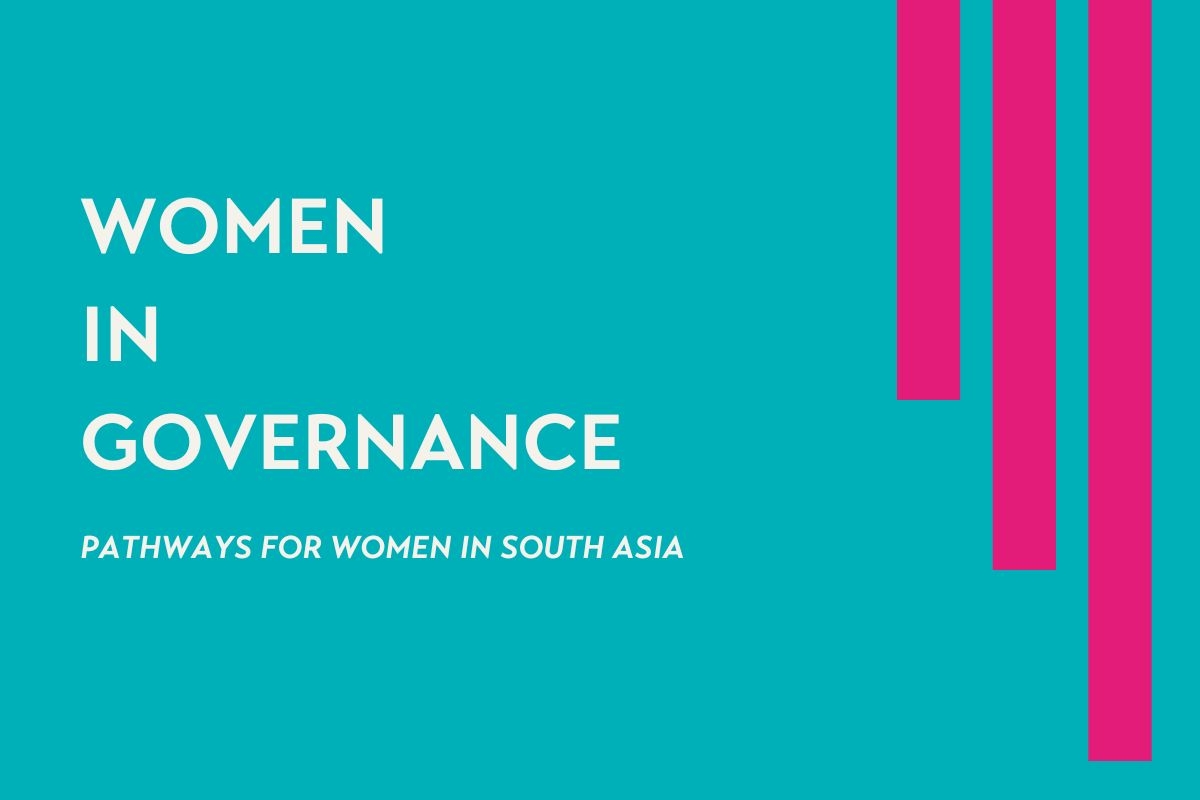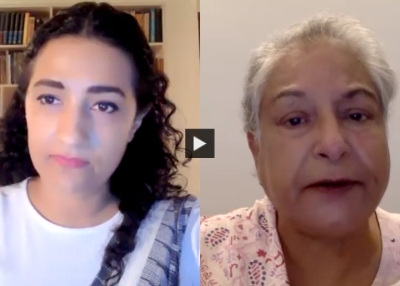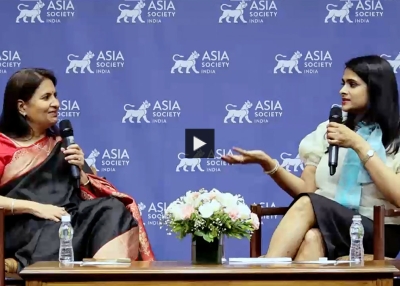When Pakistani-American English professor Sara Suleri was asked what the condition of women in the Third World was, she responded simply: “There are no women in the Third World.” That is to say: women don’t exist as a category to the same extent that men do. This remains true today: only six countries have 50 per cent or more women in parliament in single or lower houses. World over, women face a disproportionately high amount of personal, social and political pressures. Women in South Asia have a unique set of compulsions and complications, ranging from unpaid care work and family interference in career choices, to more serious gender-based discrimination and violence, which affects one in three women globally.
Through Women in Governance, we hope to bring together in conversation women that represent different and related fields from across South Asia. These unmoderated conversations between women from India and South Asia are a chance to reflect on their personal, political and professional journeys, exploring pathways to a more inclusive world for women who come after them. In a region where gender shapes access to everything, from opportunity to capital to social freedom, we hope that conversations between women who have led and governed organisations will serve as inspiration in and of themselves for women in South Asia and across the world.
Our first conversation centred Hina Jilani, lawyer and chair of Pakistan’s Human Rights Commission, and Karuna Nundy, Supreme Court of India lawyer; they discussed gender in society, the similarities and divergences of practising law in India and Pakistan, and the experiences of advocating for gender and human rights through legal, governmental, and activist avenues. The second conversation highlighted Ashu Suyash, founder and CEO of Colossa Ventures (India), and Sylvana Sinha, founder and CEO of Praava Health (Bangladesh), as they discussed the changes in the private sector across India and Bangladesh over the decades. Suyash and Sinha delved into what needs to be done to bridge the gender gap, the biases against women in entrepreneurship, and their experiences working in venture capital and business.


